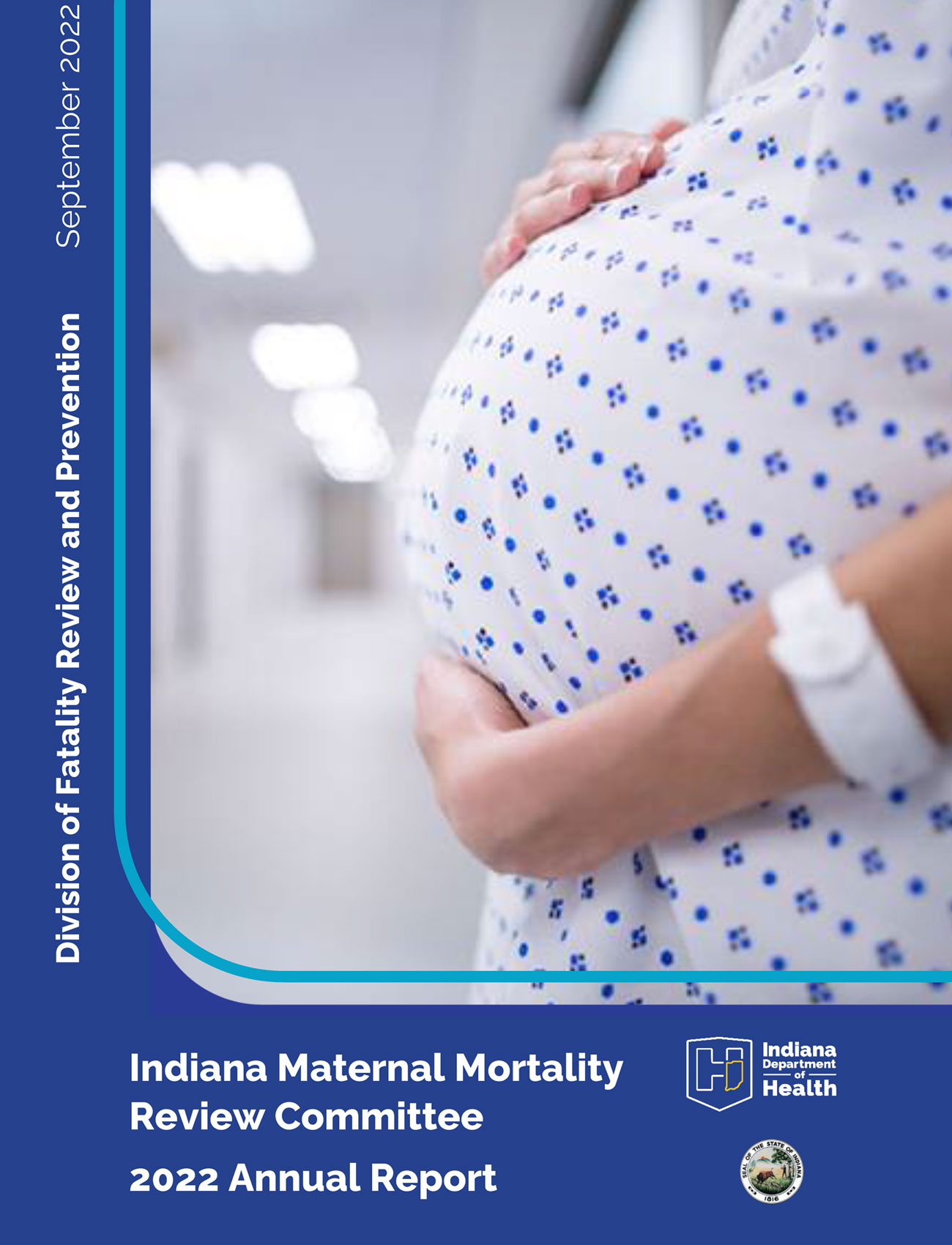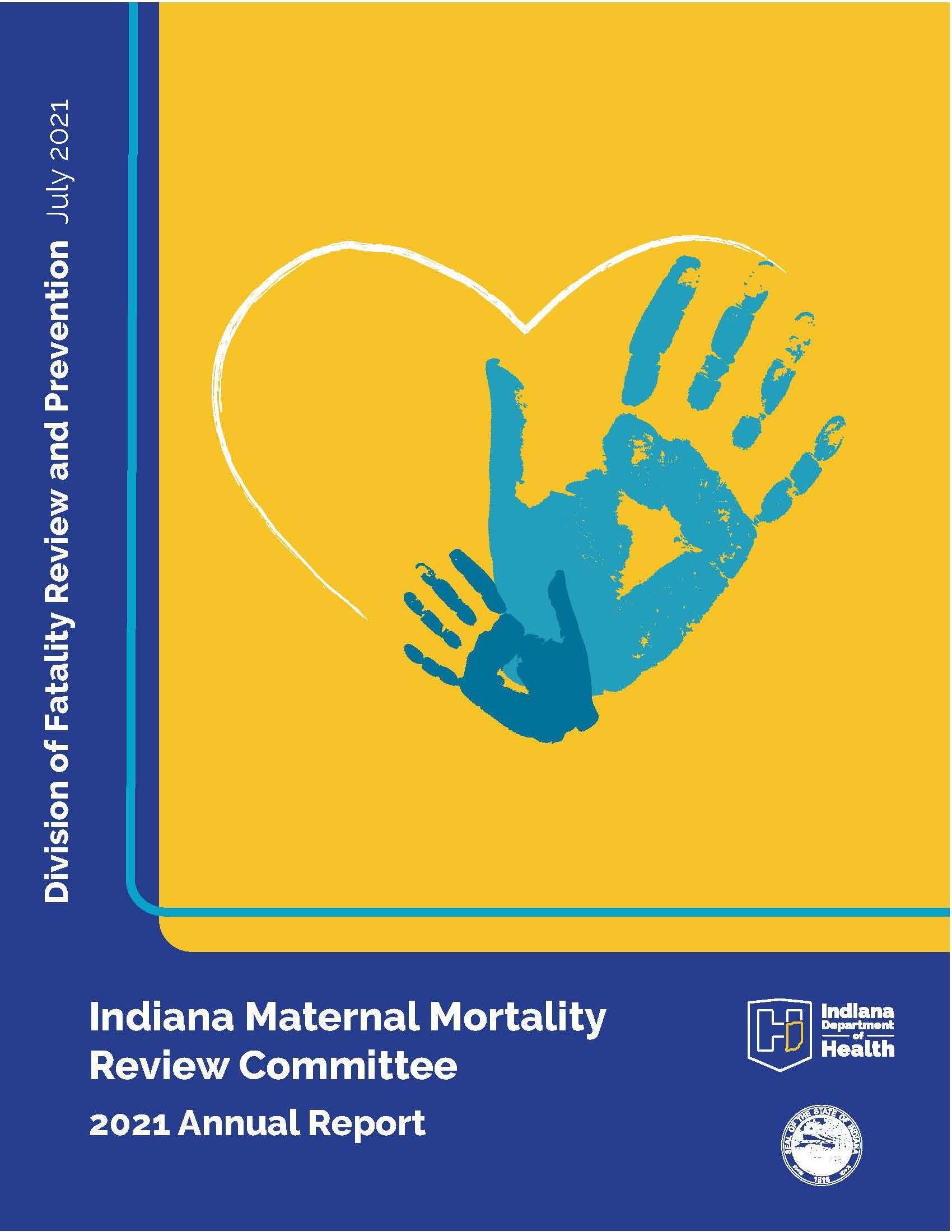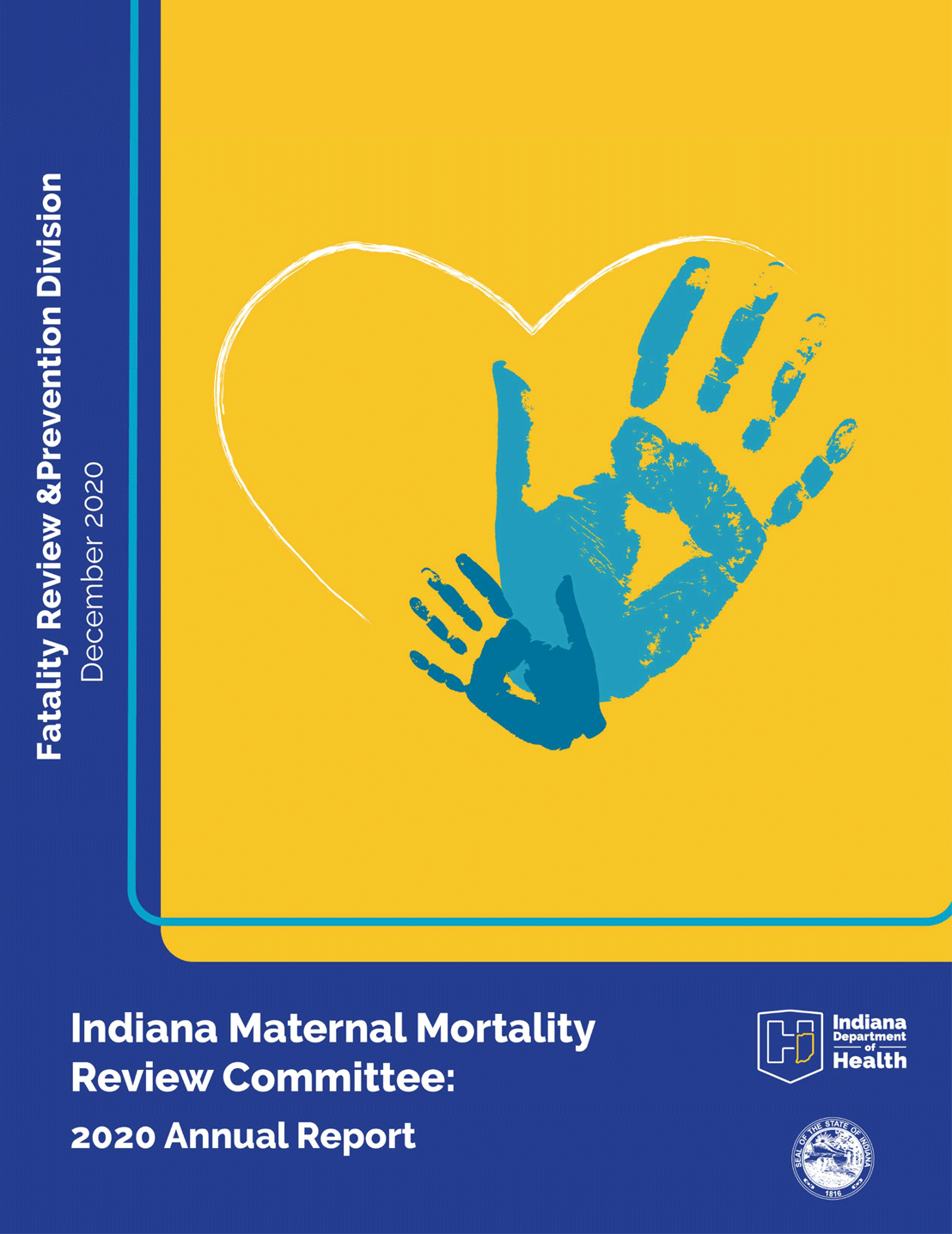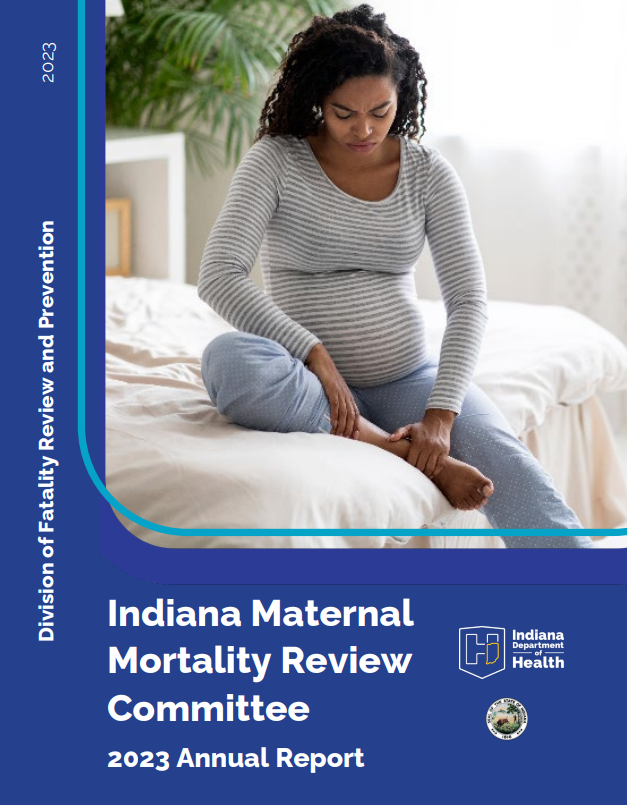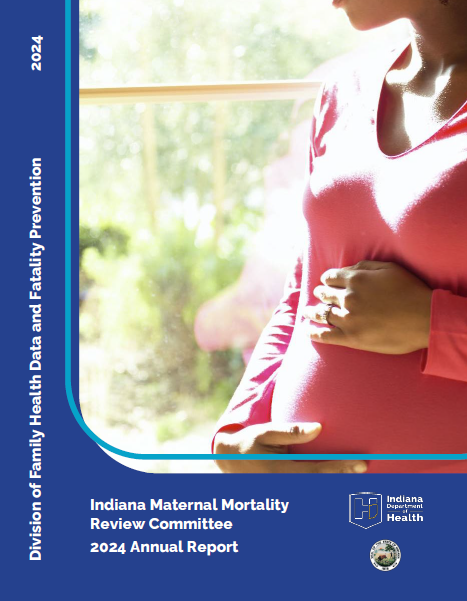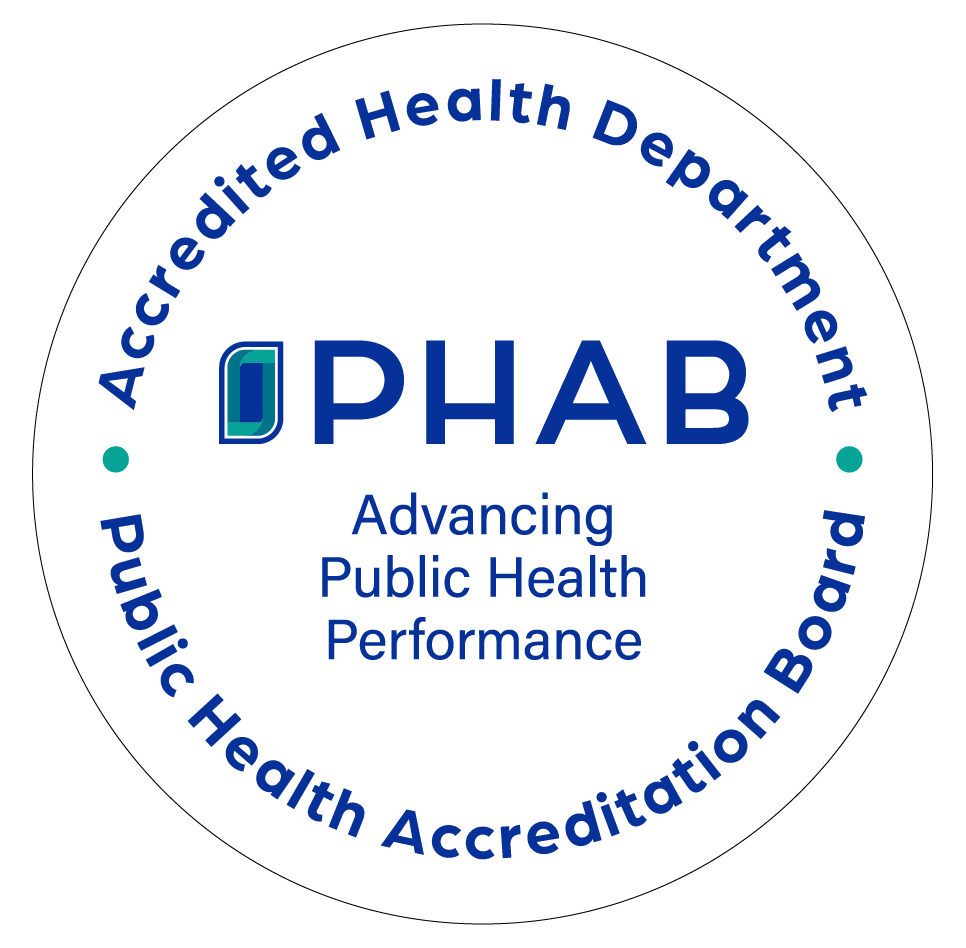Maternal mortality is the death of a woman while pregnant or within one year of the end of pregnancy, regardless of length or site of pregnancy, due to a cause related to or made worse by the pregnancy or its management.
Maternal mortality is a key indicator for maternal health quality in Indiana. Each maternal death represents not just the loss of a woman’s life, but also, the impact of that loss on her family and community. Instances of severe maternal morbidity can be associated with poor pregnancy which in turn can result in high fetal and infant mortality rate. In the United States, maternal health have shown great improvement, however, the increase in pregnancy-related and pregnancy associated deaths in the State of Indiana shows the need for an efficient improvement plan for mothers and pregnant women.
- Vision
The Maternal Mortality Review Committee’s vision is to eliminate preventable maternal deaths in Indiana.
- Mission
The mission is to increase awareness of the issues surrounding pregnancy-related death and to promote change among individuals, communities, and healthcare systems in order to reduce the number of deaths. The mission of the Indiana Maternal Mortality Review Committee is to identify pregnancy-associated deaths, review those caused by pregnancy complications and other associated causes, and identify problems contributing to these deaths and recommend interventions that may reduce these deaths.
- MMRC Membership
The Maternal Mortality Review Committee is a multidisciplinary committee whose geographically diverse members represent various specialties, facilities, and systems that interact with and impact maternal health. To date, We have appointed all MMRC members and they were selected based on required specialties from a number of diverse areas, including obstetrics, maternal-fetal medicine, family medicine, social work, substance abuse specialist, public health nursing, midwifery, anesthesiology, mental health, epidemiology, cardiology and pathology. We have also identified that some cases will require specialties not listed specifically in the legislation. In such cases, the team will invite a professional with the needed specialty as required by the individual case.

